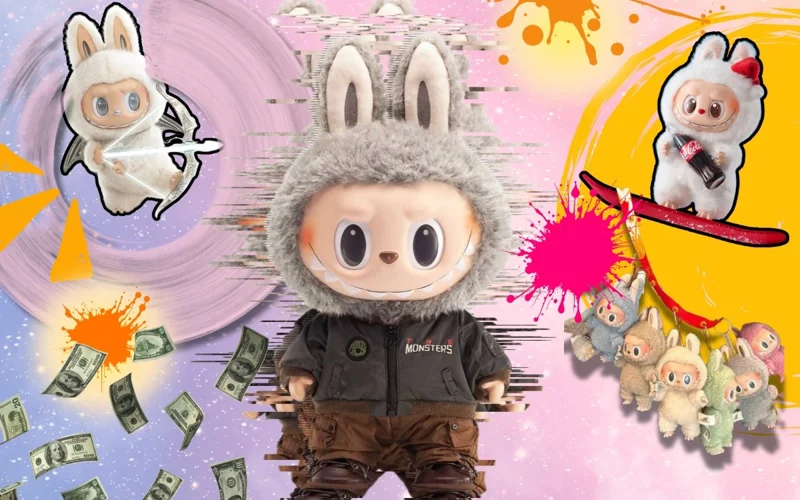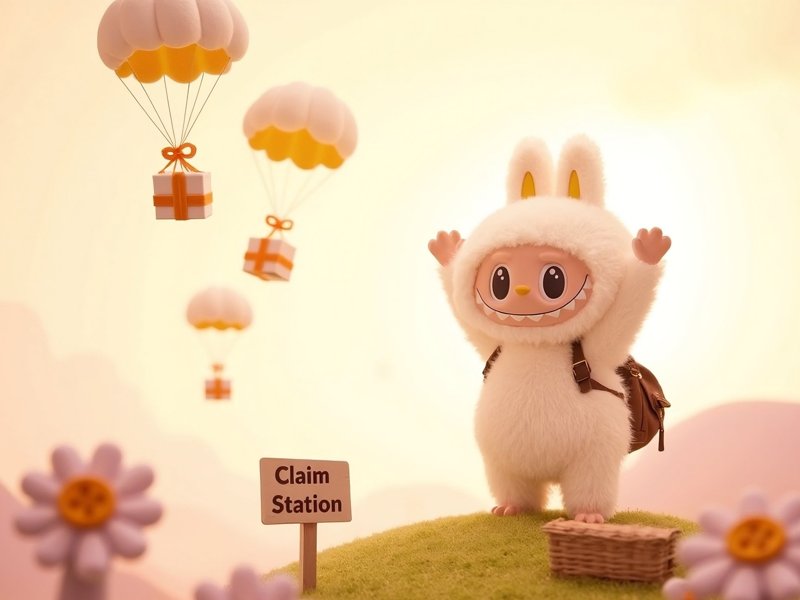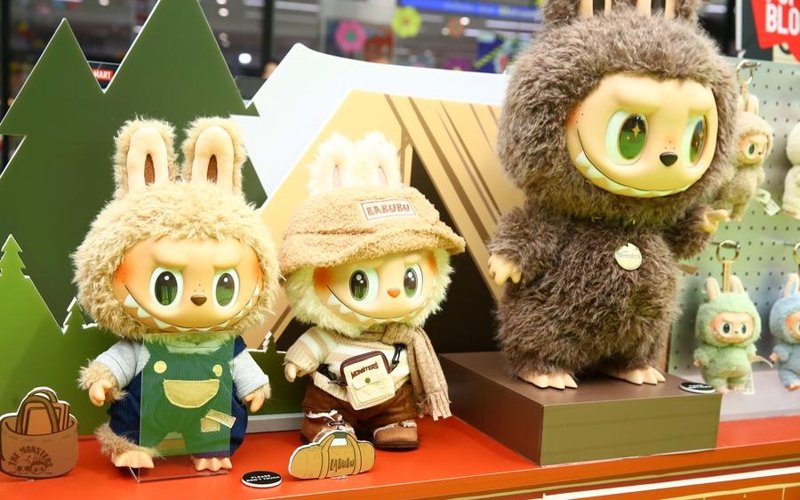The monster hit: Labubu and the new face of collectible culture
What started as an obscure vinyl toy from a Chinese designer has grown into a billion-dollar global sensation. Labubu, a mischievous elf-like figure created by Hong Kong-born artist Kasing Lung and popularized by Chinese toy company Pop Mart, has transcended its domestic origins to become a symbol of China’s burgeoning cultural influence. In this article, a Kazinform News Agency correspondent explores the phenomenon behind one of the world’s most talked-about collectible toys.

With its distinctive grin, spiky ears and ambiguous charm, Labubu is the standout character in “The Monsters” series. Originally designed to be “kind-hearted and helpful, but often accidentally causing chaos,” the doll’s quirky design defies traditional notions of cuteness - and that may be exactly what fueled its rise.
Fell into a TikTok labubu hole last night (research purposes only)
— Bekah 🌸 (@bekahbuyz) June 21, 2025
Result being: we’re not bullish enough $labubu pic.twitter.com/fXE0Rz2ANe
“This isn’t just a toy. It’s a symbol of individuality,” said Fiona Zhang, a self-professed collector. “You get such a sense of achievement when you are able to get it among such fierce competition.”
Pop Mart’s partnership with Lung in 2019 coincided with a transformation of the company. What began as a small Beijing variety store in 2010 grew into a retail behemoth, launching a highly successful blind-box model - customers purchase a sealed package without knowing which specific toy is inside. The thrill of discovery has become a core part of the Labubu experience, as fans around the world line up for hours in hopes of scoring a rare “chaser” figurine.
A new face of Chinese soft power

Behind the cute façade lies a much larger story - one of strategic cultural export and the quiet expansion of Chinese soft power. In 2024 alone, Pop Mart reported that nearly 40% of its $1.8 billion in revenue came from outside mainland China, with products sold in over 30 countries and more than 2,000 automated “roboshops” globally.
“Labubu shows the appeal of Chinese creativity, quality and culture in a language the world can understand,” stated Chinese state news agency Xinhua, underscoring Beijing’s pride in the toy’s success.
We are Multiplying.
— Labubu Fans (@labubufans) June 24, 2025
🔆18,000 + Web 3 Holders
🔆1,100 Onboarded in the last 14 days
Welcome to our New Fans
Check our links Below. https://t.co/li0gQ5dpm3 pic.twitter.com/AcL3Xjyx8G
Other Chinese cultural products - from video games like Black Myth: Wukong to animated films like Nezha - are increasingly seen as vehicles of national branding.
“Post-pandemic, a lot of people in China felt they wanted to emotionally escape,” explained Ashley Dudarenok, founder of ChoZan, a China-focused consultancy. “Labubu embodied that anti-perfectionism.” The doll’s chaotic, imperfect charm resonated in a society fatigued by crisis and lockdown, and this sentiment soon found audiences abroad.
Labubu’s global breakout moment arrived in 2024, when K-pop star Lisa of Blackpink posted photos with the doll. Soon after, celebrities like Rihanna, Kim Kardashian, and David Beckham followed suit.

“Occasional celebrity moments certainly add visibility,” confirmed Emily Brough, Pop Mart’s Head of IP Licensing for the Americas. “But we’ve seen the community play a huge role… whether it’s fans sharing display shelves, TikTok videos, or styling their bag charms.”
The economics of nostalgia and surprise

At the heart of Labubu’s popularity lies a potent mix of affordability, nostalgia, and suspense. Priced between $18 and $70, the dolls are accessible - yet the rising demand has inflated secondary market prices, with rare collectibles auctioned for up to $170,000.
The model taps into a broader Gen Z and millennial desire to reconnect with the simplicity of childhood, through high-design collectibles. “We’re seeing surging interest from Gen Z and millennials, particularly those drawn to fashion, art, and nostalgia-infused collectibles,” said Brough. In the U.S., she added, “We’ve had families queuing at 6 a.m. for store openings and first-time collectors grabbing blind boxes alongside seasoned fans.”
This demand has turned Pop Mart into an economic juggernaut. The company, which went public in 2020, now boasts a market capitalization of over $46 billion. Its founder, Wang Ning - who launched the company straight out of university - is now China’s 10th richest man, with a net worth of $22.7 billion.
Still, the hype shows no signs of slowing. Even airport security videos of travelers shaking boxes to guess their contents have gone viral. “Being able to get the chaser from shaking the box, learning how to feel the difference…” said collector Desmond Tan in Singapore, “is deeply satisfying.”
A SuperFan Mega Unboxing !#Labubu $labubu#labubuOnSol pic.twitter.com/Xl1TvFKWRM
— Labubu Fans (@labubufans) June 23, 2025
In a world where consumer trends often burn out as quickly as they ignite, Labubu’s blend of chaos, cuteness, and cultural capital appears to have tapped into something deeper - a longing for surprise in a highly curated digital age, and a fresh expression of how creativity and play can transcend borders.
Fan in Thailand sharing how they loaded up.
— Labubu Fans (@labubufans) June 23, 2025
We all need some labubu in times like this. $labubu#labubu#labubuOnSol pic.twitter.com/KYr9iYRuZX
Earlier, it was reported that the global anime market has surged from a niche interest to a worldwide phenomenon, and Kazakhstan is no exception. With a growing fan base and easier access to diverse content, anime and manga have become a major part of pop culture in the country.
